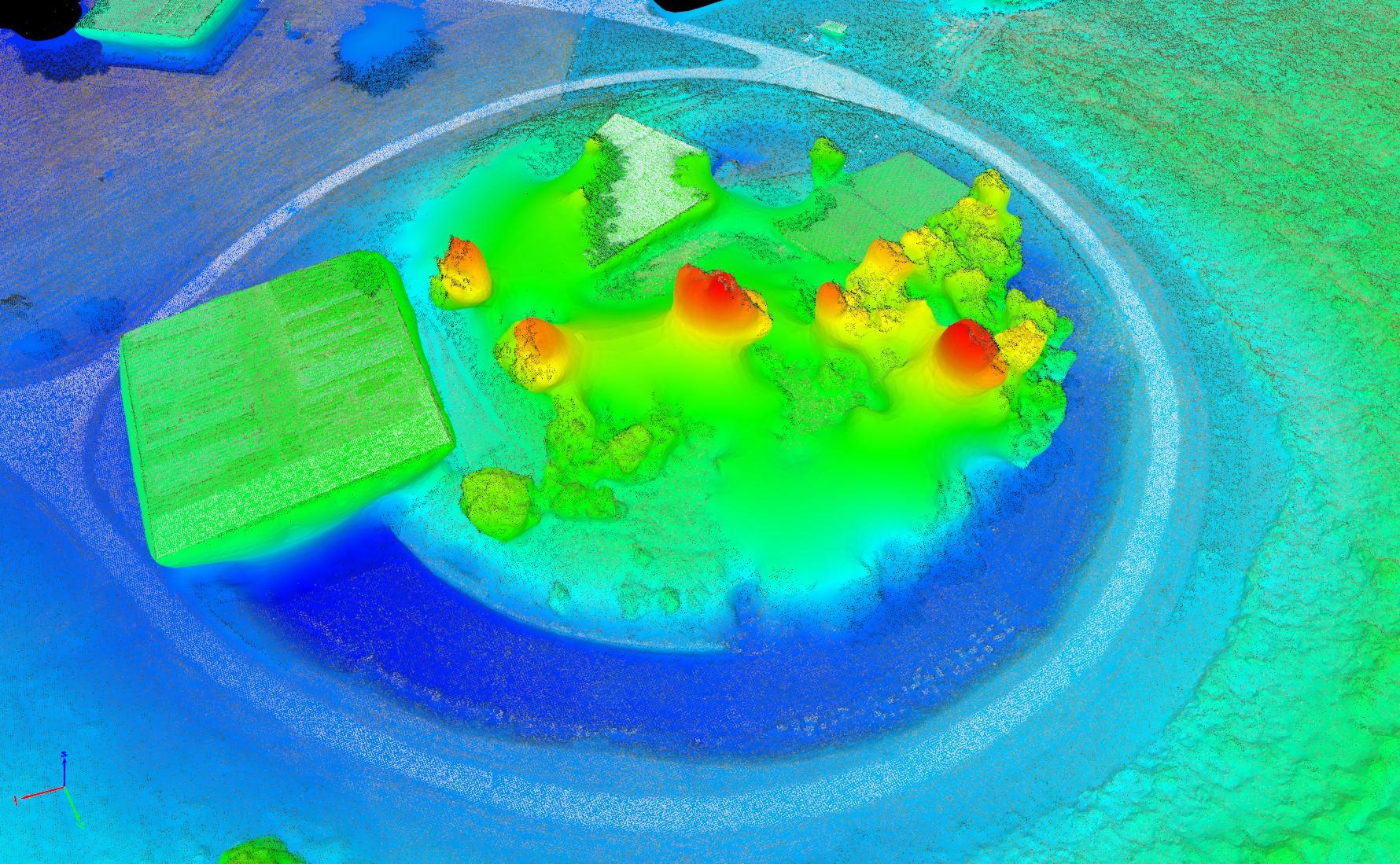Fieldwork
This listing expired on April 1, 2024. Please contact maurizio.forte@duke.edu for any updated information.

Location: https://www.google.com/maps/place/52044+Cortona,+Province+of+Arezzo,+Italy/@43.2707442,11.9760117,4668m/data=!3m1!1e3!4m6!3m5!1s0x132bf97881a782d7:0x27cf7fa1dc70734e!8m2!3d43.2750634!4d11.98512!16zL20vMDI3ZzI1?entry=ttu
Season: June 16, 2024 to July 5, 2024
Application Deadline: April 1, 2024
Deadline Type: Exact Date
Website: https://ifrglobal.org/program/italy-cortona/
Program Type:
Field School
RPA Certified:
No
Affiliation:
Duke University
Project Director:
Maurizio Forte
Project Description:
This initiative is part of a long-term research project (directed by Duke University) in the Valdichiana and across the areas of Siena, Cortona, Arezzo and Chianciano; a region with the highest density of archaeological sites in Tuscany and in Central Italy. In 2021 Duke University, the Museum of Chianciano and the Superintendence of Arezzo, Cortona and Siena
The strategic location of Cortona and Valdichiana has been inhabited since prehistoric times, witnessing the rise and fall of various civilizations, including the Etruscans, Romans, and later medieval cultures.
The Etruscan and Roman periods left a lasting impact on the landscape, with evidence of several settlements, roads, and infrastructure. Paleoenvironmental analyses and the study of archaeological remains in the region contribute to our understanding of governance, urban planning, and economic activities that shaped this part of Italy during antiquity. The cultural layers of Cortona and Valdichiana provide a chronological record of human occupation and activities, allowing archaeologists to reconstruct the dynamic history of the region through landscape mapping and ground observations. The archaeological sites in Cortona and Valdichiana attract tourists and scholars, contributing to the local economy and fostering cultural exchange. Educational programs like summer courses provide opportunities for students and researchers to engage with the archaeological landscape firsthand, fostering a deeper appreciation for the region’s cultural heritage. This intensive summer course combines cutting-edge technologies such as remote sensing, 3D modeling, artificial intelligence (AI), photogrammetry, and digital technologies to unravel the mysteries of the ancient landscapes that surround this important cultural area.
Period(s) of Occupation: Etruscan, Roman and Medieval landscapes
Project Size: 1-24 participants
Minimum Length of Stay for Volunteers: entire period
Minimum Age: 18
Experience Required: Basic knowledge of field archaeology and digital technologies
Room and Board Arrangements:
Provided pending the application approval
Academic Credit:
see web site
Maurizio Forte
maurizio.forte@duke.edu
Durham
NC
27708
USA
The AIA is North America's largest and oldest nonprofit organization dedicated to archaeology. The Institute advances awareness, education, fieldwork, preservation, publication, and research of archaeological sites and cultural heritage throughout the world. Your contribution makes a difference.
Notifications